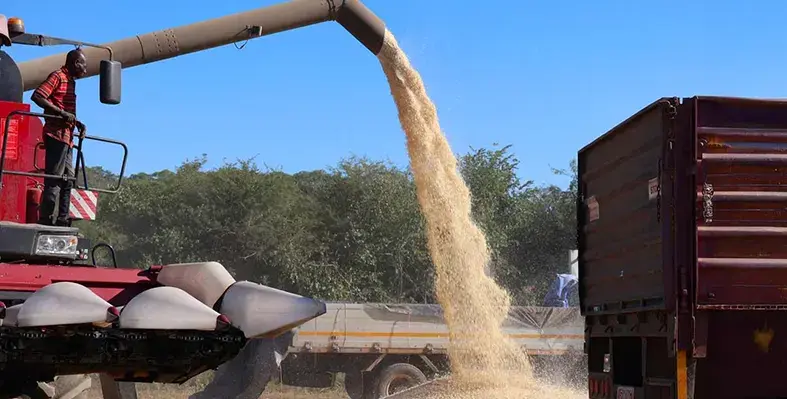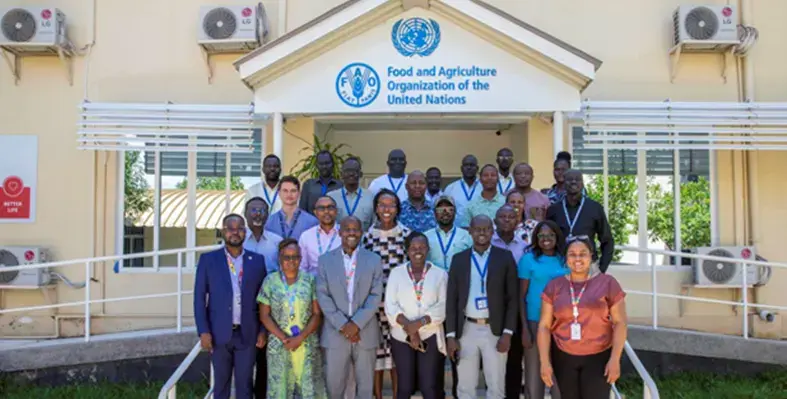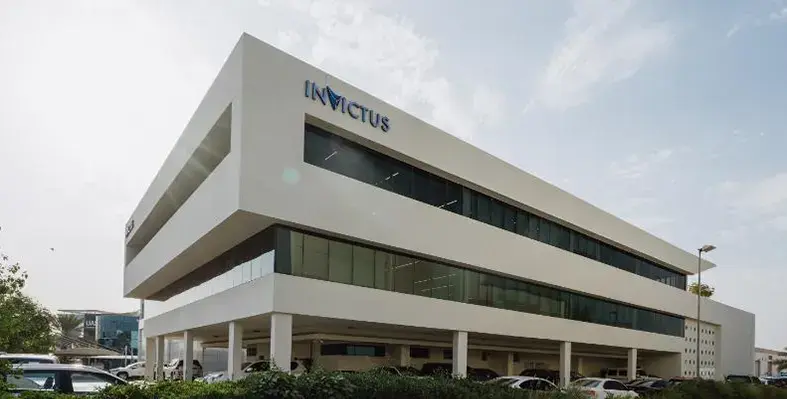
US$10.12mn grant to boost resilient agriculture and livelihoods for rural communities in Zimbabwe. (Image source:
The board of directors of the African Development Bank Group has approved a US$10.12mn grant from the African Development Fund, the Bank’s concessional lending arm, to enhance sustainable agriculture and build climate resilience in Zimbabwe’s drought-prone regions
The funding will support the Zimbabwe Agricultural Value Chain and Livelihoods Enhancement Project (AVCLEP), expected to directly benefit 7,000 livestock-keeping farmers and 42,000 smallholder and crop farmers.
The project aims to increase sustainable crop and livestock productivity, improve access to markets, and promote value chain integration for micro, small, and medium-sized enterprises in the agricultural sector. It will be implemented across Matabeleland South, Masvingo, and Bulawayo Metropolitan Province—areas with high livestock populations that are particularly vulnerable to extreme weather events.
Zimbabwe continues to face challenges such as macroeconomic instability and the impacts of climate change, including floods, droughts, and storms, which disproportionately affect rural communities.
"This investment represents a critical intervention to build climate resilience and improve food security in Zimbabwe's most vulnerable agricultural communities," said Moono Mupotola, African Development Bank's deputy director general for Southern Africa and country manager for Zimbabwe. "By rehabilitating existing infrastructure and introducing climate-smart agricultural practices, the project will transform livelihoods in areas that have historically suffered from drought and limited access to water resources."
AVCLEP will focus on promoting climate-smart agricultural productivity and enhancing agricultural value chains. Planned initiatives include the rehabilitation of dip tanks, development of solar-powered boreholes, and strengthening of crop-livestock value chains. These measures aim to improve food and nutrition security and enhance climate resilience. Additionally, the project will support integrated land use planning, landscape restoration, and catchment management to improve water availability.
Further components include capacity building, social inclusion, and knowledge management—fostering technical training, gender equality, and youth empowerment. Strong project management mechanisms will ensure implementation aligns with the Bank’s procedures.
The project prioritises the inclusion of women (50%) and youth (20%), while an estimated 90,000 community members are expected to benefit indirectly from improved access to water, veterinary services, and livelihoods support.
Employment generation is also a major goal, with the project set to create 200 full-time and 2,800 seasonal jobs in the crop and livestock value chains. Average monthly household incomes in the target areas are projected to increase from US$85 to US$120.
Implementation is scheduled to begin in June 2025 and conclude by December 2029.
The African Development Bank continues to play a vital role in supporting Zimbabwe’s rural transformation, with this latest initiative contributing to efforts that have already helped to reduce food insecurity and poverty.
“This Project will enhance adaptive capacity, promote sustainable economic opportunities, and strengthen the resilience of rural communities to climate change within the target areas,” commented Martin Fregene, director of the African Development Bank’s Agriculture and Agro-Industry Department. “We look forward to working with all key stakeholders during the project implementation, to drive impactful solutions in the target areas which have been negatively affected by climate change.”
AVCLEP reflects the Zimbabwean government's dedication to boosting agricultural productivity and mitigating climate change impacts. By combining infrastructure rehabilitation with climate-smart practices, the initiative is expected to deliver measurable improvements in food security and household incomes.









